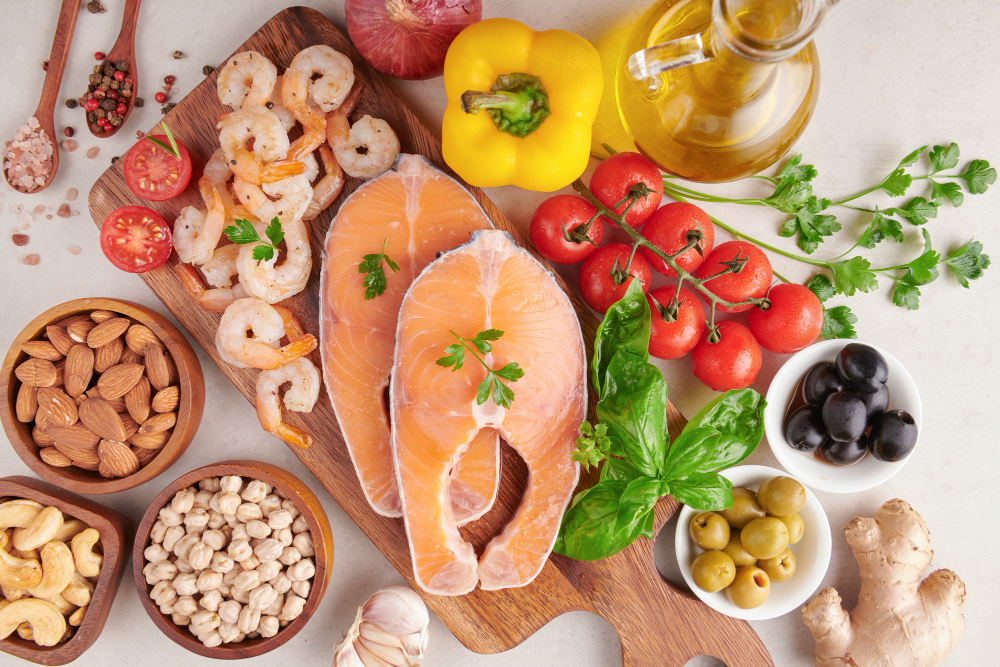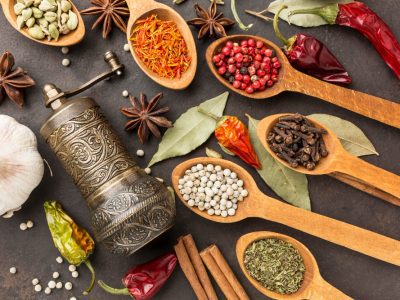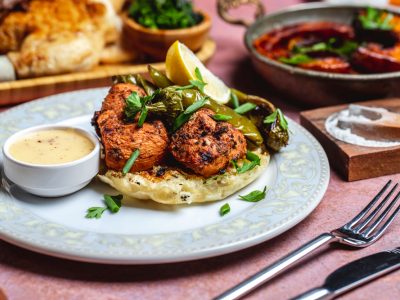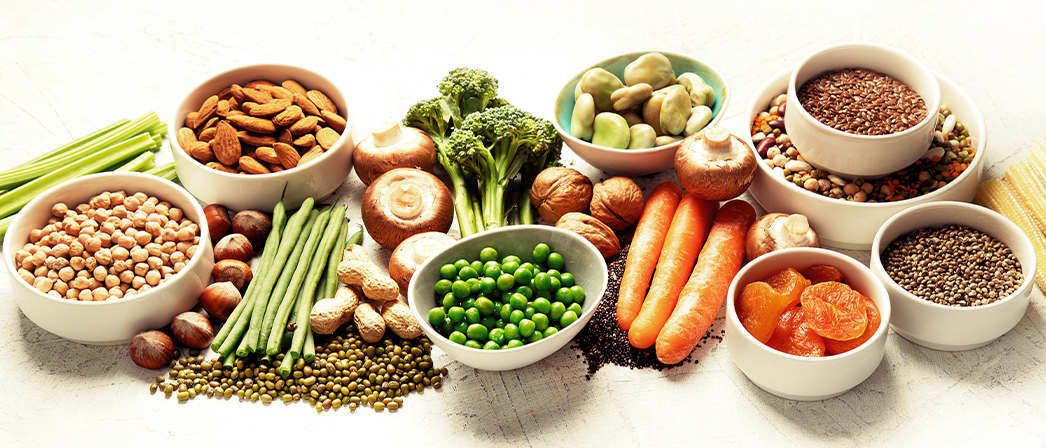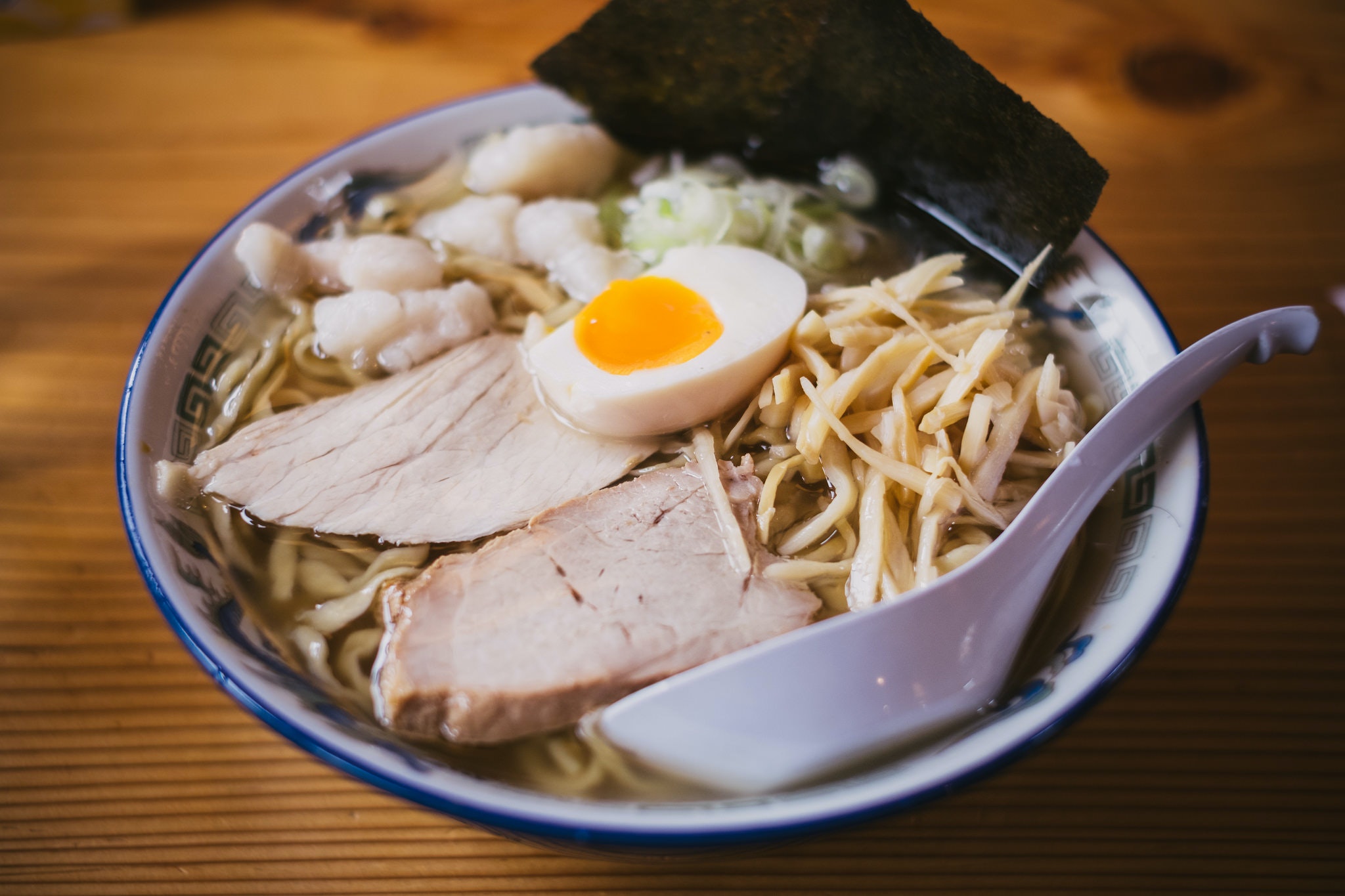Peanut butter is one of the most popular spreads in America, but does it have any health benefits? The answer is a resounding “Yes!” Peanut butter is high in protein and healthy fats. Even if you’re allergic to peanuts, other nut butter may be good options for you. This article will explore some of the best ways to eat it and why it’s so good for your health.

What makes peanut butter good or bad for you depends on how it’s prepared.
The main difference between natural and processed butter is that the latter has been cooked at high temperatures. This can destroy some of the vitamins and minerals found in peanuts, such as vitamin E, folic acid and niacin.
Natural peanut butter has a lot more fibre than processed butter because it’s ground up with skin intact. It also contains more protein because it doesn’t have any sugars or oils like some brands do to make up for what’s lost. When you remove the skins from peanuts before grinding them down into paste form.
If you want to add peanut butter to your diet, buy natural it.
If you want to add peanut butter to your diet, buy natural butter. Natural butter is made with just peanuts and salt. It’s usually 100% peanuts, and it doesn’t have any added sugar or oil.
Peanut butter is high in calories, which can be good if you stick to the serving size.
One of the main points to consider when deciding whether or not peanut butter is good for you is its high calories. And while that may sound like a negative, it can be a good thing.
The average serving size of spread is two tablespoons, which contains 190 calories and 15 grams of fat (for comparison’s sake, one tablespoon has 94 calories and 8 grams of fat). Eating a bit more peanut butters will give your body what it needs if you’re trying to lose weight but still need more energy than you’re getting from other foods.
But watch out: if you keep eating too much peanut butters every day (like an entire jar), those extra calories will just get stored as fat around your middle — not good! So be sure to stick with the recommended serving size for optimal health benefits without weighing down your waistline with excess pounds.
If you’re allergic to peanuts, stay away from all things peanut butter.
If you’re allergic to peanuts, stay away from all things butter. This includes the following:
- Peanut butters
- Chocolate is cover on peanuts
- Peanut oil and canola oil
Peanut butter is a protein powerhouse.
Peanut butter is a protein powerhouse, containing about 8 grams per serving. It’s also high in healthy fats and fibre, which research shows can help lower cholesterol levels and reduce the risk of heart disease.
The vitamin E content in peanut butter benefits your skin, hair and nails. Vitamin B6 helps support a healthy nervous system, while folate may lower your heart attack or stroke risk.
The health benefits of peanut butter are surprising.
- Peanut butters is a good protein source, essential for building muscle.
- It’s also high in monounsaturated fats and omega-3 fatty acids, both of which are healthy.
- Peanut butters contains vitamin E, magnesium, and riboflavin—all nutrients that help keep your mind sharp as you age.

Conclusion
So there you have it — peanut butters are pretty amazing, as long as you stick with the real deal and eat it in moderation. The next time someone asks if they should eat peanut butters on a regular basis, tell them yes! If you’re looking for a little more information on the topic of peanuts or tree nuts (which includes almonds), we’ve got plenty here on our website with articles about their health benefits and nutritional facts.

